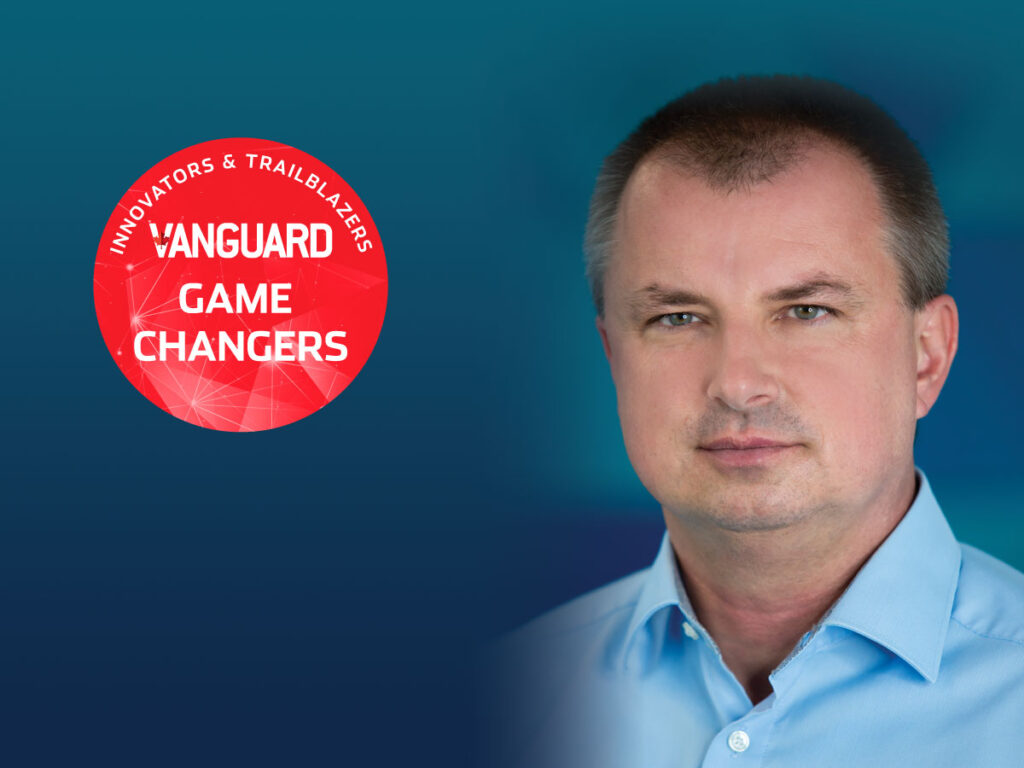Peter Dostal is a leading player in the convergence of IT solutions and defense technology. Beginning as a program manager for a major defense initiative, he identified a gap between IT and defense sectors, prompting him to establish a consultancy. With a team of experts, he crafted strategic solutions for the Department of Defense and initiated proprietary hardware and software development to bolster their offerings.
Over fifteen years, Peter’s company flourished, becoming a trusted supplier to NATO agencies and governments. Transitioning from CEO to Chairman of the Supervisory Board in 2020, he now oversees strategic planning, investments, and new product development for Aliter Technologies, continuing to shape the future of defence technology.
How did you start out in this industry and how has it brought you to where you are today?
After a series of IT solution architecture positions in various fields, I was hired as a program manager for the IT part of a large defense program led by BAE Systems. I quickly discovered a gap between the IT and defense communities, so I started a consulting business to address it. I hired IT specialists and senior retired military officers, and we started writing strategic documents and feasibility studies for the Department of Defence. As we have designed some of our solutions, we identified a need for specialized hardware and software that we were unable to locate on the market, so we began our own R&D and manufacturing of hardware and software for use in our C4ISR solutions. We have gradually started developing drone platforms, tactical cloud, advanced cyber security, AI enhancements, etc. Today we are a trusted supplier to NATO agencies, governments, and major defense contractors.
What is your role at your organization today?
After 15 years leading the company as the CEO and the Chairman of the BoD, I stepped down in 2020 to become the Chairman of the Supervisory Board responsible for strategic planning, investments, M&A, and new product development.
What was your most challenging moment?
Each year is different and brings new challenges. No two projects are alike. A significant change in my life was the moment when I stepped down from management. I was in control of everything since I founded the company 17 years ago. When I stepped down from the management role, I wasn’t sure that I could let it go. I felt like I could do it better, faster and more efficiently than my new management although it wasn’t necessarily true. I became an overworked bottleneck in the company. And although I really enjoyed managing the day-to-day operations, I realized that I need a change.
What was your A-HA moment or epiphany that you think will resonate most with our readers? Tell us that story.
Since I started my entrepreneurship, people kept telling me how something can’t be done: Please don’t start an IT company, there is high competition. Don’t design and manufacture hardware, you have limited experience with it. Don’t do business in defense and security, it is a closed community. Don’t bid in large international NATO tenders, those are for the major defense contractors only. I’ve done it all and as far as I can tell, we are quite successful in all those areas. I realized that if you decide to accomplish something, don’t give up and you will reach your goal. Always work hard to be the best in whatever you are doing. Don’t slow down. Always look forward to how to improve and you will succeed.
How has innovation become engrained in your organization’s culture and how is it being optimized?
The shareholders and senior management are directly responsible for innovations and new product development in the company. At least once a month we have a status meeting where all departments’ members are present and review the status of all products’ development. Individual meetings and collaborations are done on daily bases. During the all-staff meetings individual members of our team can share new knowledge or ideas. Our staff is encouraged and supported in self-development.
What is a habit that contributes to your success?
I believe it’s hard and persistent work, technical knowledge, ability to learn new things, problem-solving, and drive to improve everything around you.
What is your parting piece of advice?
Set difficult goals for yourself and when you achieve them, set new ones, but also get a balance in your life. When you wake up in the morning, look forward to what you will accomplish today, but during the day enjoy little things around you: the first morning coffee, lunch with your colleagues, dinner with your family, or even a walk with your dog. Work hard, but always be thankful for everything you have.
